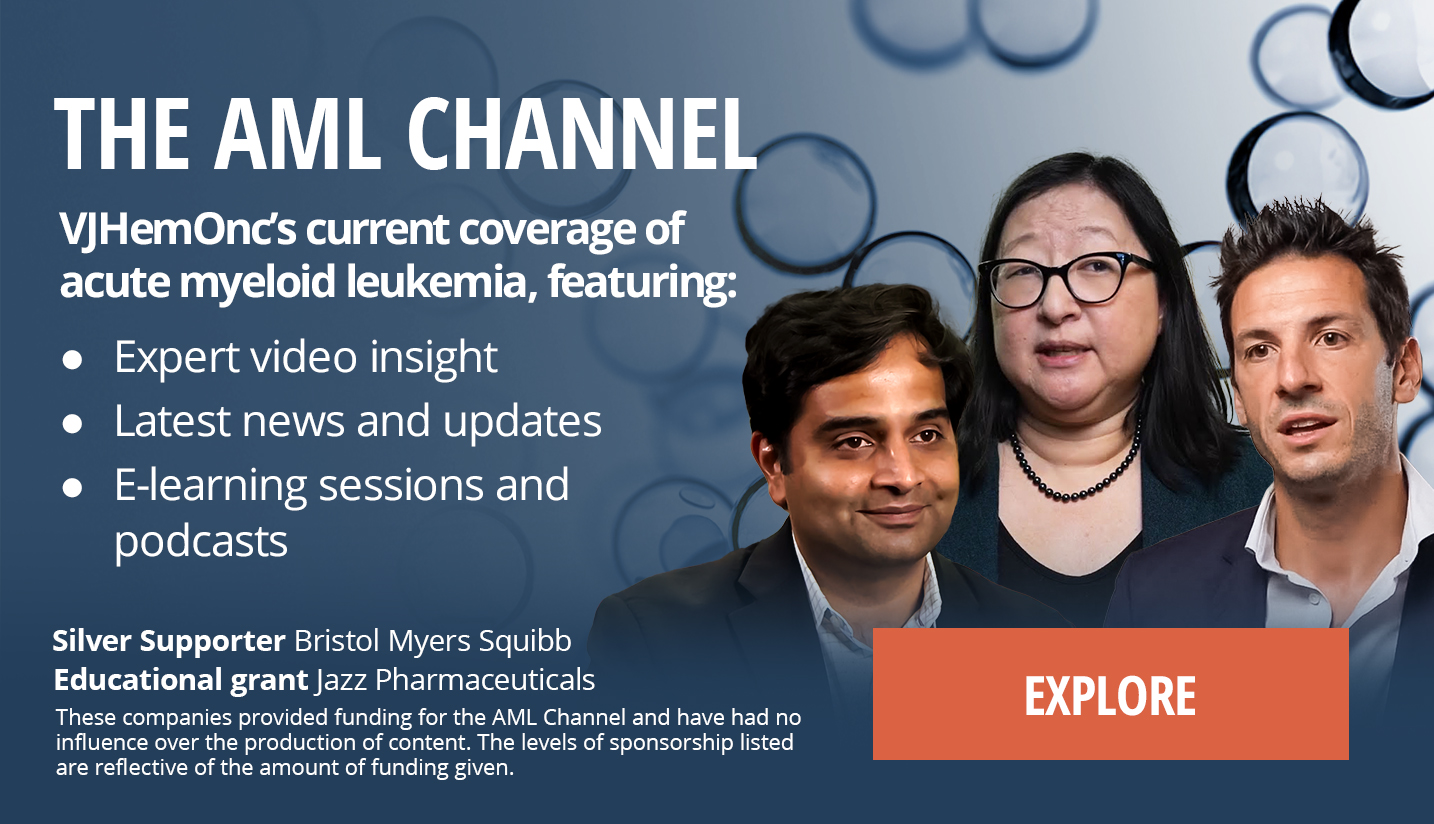We recommend that patients be treated initially at a site that would have the ability to get complete diagnostic testing, and that can be done either through send-out testing, local testing, at an academic or tertiary site, or the MyeloMatch program is open to all cooperative group sites across the United States and has a screening protocol where anyone with a suspected AML or MDS can join and enroll and have complete cytogenetic and genomic data returned to them within 72 hours...
We recommend that patients be treated initially at a site that would have the ability to get complete diagnostic testing, and that can be done either through send-out testing, local testing, at an academic or tertiary site, or the MyeloMatch program is open to all cooperative group sites across the United States and has a screening protocol where anyone with a suspected AML or MDS can join and enroll and have complete cytogenetic and genomic data returned to them within 72 hours. And being able to wait and have that information to inform your initial treatment decision, whether it would be putting a patient on a clinical trial or making the most informed decision you can based on that genomic data, I think is really critical. And so if patients are seen at a center that does not do a lot of leukemia because it’s a rare disease. I think partnering with your academic institution to help guide you in those initial first steps is always helpful to the patient.
This transcript is AI-generated. While we strive for accuracy, please verify this copy with the video.














